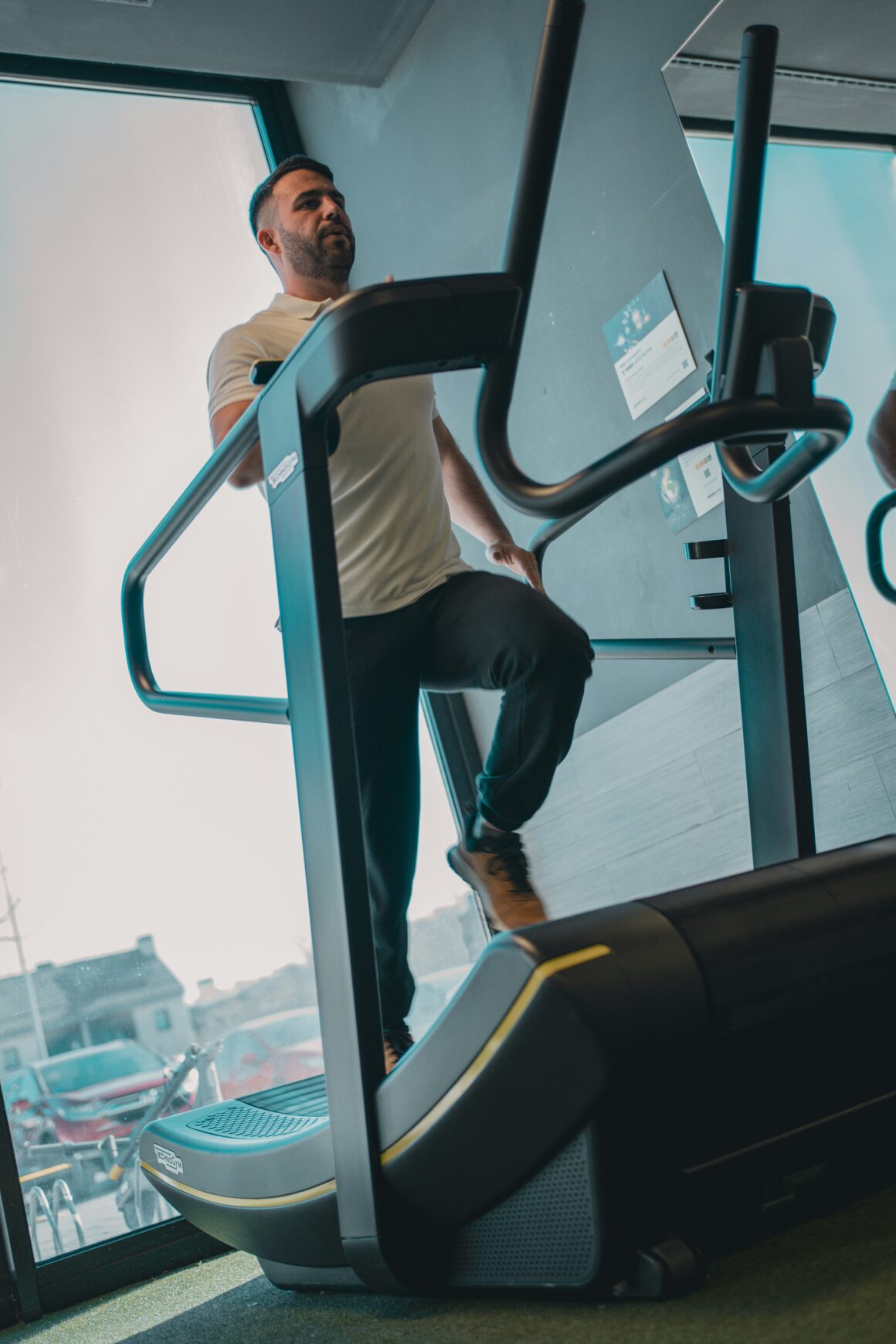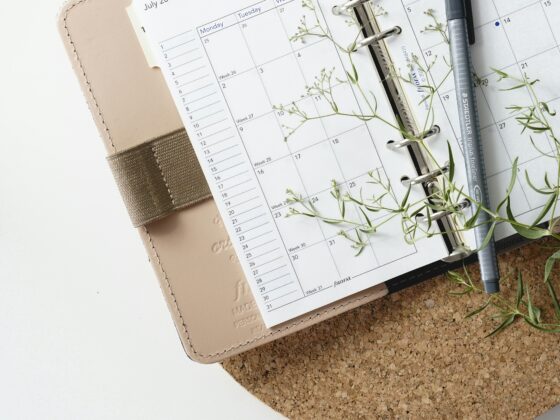Understanding Pressure: What It Means and Why It Matters
Pressure is an inevitable part of life that affects us all in different ways. Whether it’s a tight deadline at work, a personal challenge, or an unexpected life event, understanding what pressure means is crucial. It’s not just the situation itself but how we perceive and react to it that defines its impact on us. By recognizing the nature of pressure, we can develop strategies to manage it effectively.
Many of us experience pressure as a feeling of tightness or urgency, often accompanied by stress. It’s important to identify what triggers these feelings in us. By doing so, we can anticipate stressful situations and prepare ourselves to handle them with grace and composure. The ability to stay poised under pressure not only benefits our mental health but also enhances our decision-making abilities and interpersonal relationships.
Understanding why pressure matters is essential for personal growth. It can push us to achieve our goals and improve our performance, but only if we manage it well. By harnessing the energy that pressure provides, we can transform potential stress into a powerful motivator. It’s about finding the balance between using pressure as a driving force and preventing it from overwhelming us.
The Importance of Staying Poised Under Pressure
Staying poised under pressure is not just about maintaining a calm exterior; it’s about developing resilience and strength from within. When we manage to keep our composure, we are better prepared to face challenges, solve problems, and make informed decisions. This ability can significantly impact our personal and professional lives, leading to success and fulfillment.
One of the key benefits of staying calm under pressure is enhanced clarity. When we are not clouded by stress, we can think more clearly and creatively, leading to better solutions and outcomes. Moreover, maintaining our poise allows us to communicate more effectively, which is vital in both personal relationships and professional environments. People tend to respond positively to those who exude confidence and calmness, making collaboration easier and more productive.
Furthermore, the ability to remain composed is crucial in building trust and credibility. When others see us handling difficult situations with grace, they are more likely to trust our judgment and rely on us in future endeavors. This not only strengthens our reputation but also opens up new opportunities for growth and advancement. By mastering the art of staying poised under pressure, we can navigate life’s challenges with confidence and ease.
Recognizing Your Triggers: Identifying Stressors
Identifying what triggers our stress is the first step in managing pressure effectively. Triggers can vary greatly from person to person; for some, it might be public speaking, while for others, it could be looming deadlines or interpersonal conflicts. Taking the time to reflect on past experiences can help us pinpoint the specific situations or factors that cause us stress.
Once we have identified our triggers, we can start developing strategies to address them. This might involve changing our environment, altering our mindset, or seeking additional support when needed. By being proactive and preparing for potential stressors, we can reduce their impact and maintain our composure in challenging situations.
Recognizing our triggers also allows us to create personalized coping mechanisms. These can include anything from deep breathing exercises to positive self-talk or even seeking professional help. The key is to find what works best for us and practice these techniques regularly so that they become second nature when we find ourselves under pressure.
Breathing Techniques for Instant Calm
Breathing techniques are one of the simplest yet most effective ways to regain calmness during stressful situations. When we are anxious or under pressure, our breathing tends to become shallow, which can exacerbate feelings of stress. By practicing deep breathing, we can activate our body’s relaxation response, reducing tension and promoting a sense of calm.
One popular technique is the 4-7-8 breathing method. To practice this, simply inhale through your nose for a count of four, hold your breath for a count of seven, and exhale slowly through your mouth for a count of eight. Repeating this cycle a few times can help slow down our heart rate and clear our minds, allowing us to approach the situation with renewed focus and clarity.
Another effective technique is diaphragmatic breathing, which involves breathing deeply into the diaphragm rather than shallowly into the chest. This method not only helps in reducing stress but also improves oxygen flow to the brain, enhancing our cognitive functions. Incorporating these breathing exercises into our daily routine can prepare us to handle pressure with greater ease and confidence.

Mindfulness and Meditation: Cultivating Inner Peace
Mindfulness and meditation are powerful tools for cultivating inner peace and resilience. By practicing mindfulness, we learn to focus on the present moment, letting go of worries about the future or regrets about the past. This heightened awareness allows us to respond to pressure with calmness and clarity rather than reacting impulsively.
Meditation, in particular, offers a structured approach to achieving a state of tranquility. Even a few minutes of meditation each day can significantly reduce stress levels, improve concentration, and enhance our ability to cope with pressure. Whether it’s guided meditation, mantra meditation, or mindful breathing, finding a practice that resonates with us is key to reaping its benefits.
Incorporating mindfulness and meditation into our lifestyle doesn’t require significant time or effort. Simple practices like taking mindful pauses throughout the day or meditating for a few minutes each morning can make a substantial difference. As we become more mindful, we develop a greater awareness of our thoughts and emotions, empowering us to handle pressure with poise and confidence.
Time Management: Prioritizing Tasks Effectively
Effective time management is crucial in reducing pressure and achieving our goals. By prioritizing tasks and managing our time wisely, we can avoid the stress that comes from feeling overwhelmed by too many responsibilities. Creating a clear plan and setting realistic deadlines can help us stay organized and focused on what truly matters.
One strategy for effective time management is the Eisenhower Box, which helps us categorize tasks based on their urgency and importance. This method allows us to prioritize tasks that require immediate attention while delegating or postponing less critical ones. By organizing our tasks in this way, we can ensure that we are spending our time on activities that align with our goals and values.
Additionally, breaking larger tasks into smaller, manageable steps can make them less daunting and easier to tackle. By setting achievable milestones and celebrating small victories along the way, we can maintain our motivation and momentum. Effective time management not only reduces pressure but also enhances our productivity and overall well-being.
Positive Self-Talk: Replacing Negative Thoughts
Positive self-talk is a powerful tool in managing pressure and maintaining composure. Our inner dialogue greatly influences how we perceive and respond to stressful situations. By replacing negative thoughts with positive affirmations, we can shift our mindset and approach challenges with confidence and resilience.
It’s essential to recognize when we are engaging in negative self-talk and consciously replace it with positive statements. For instance, instead of thinking, “I can’t handle this,” we can tell ourselves, “I am capable and prepared to tackle this challenge.” This shift in perspective not only boosts our confidence but also empowers us to take proactive steps toward our goals.
Practicing gratitude is another effective way to foster positive self-talk. By focusing on the positive aspects of our lives and expressing gratitude for what we have, we can cultivate a more optimistic outlook. Over time, this practice can help us build a resilient mindset, enabling us to face pressure with poise and positivity.
The Role of Physical Activity in Stress Management
Physical activity plays a vital role in managing stress and maintaining our overall well-being. Engaging in regular exercise not only enhances our physical health but also boosts our mental resilience, helping us stay calm and composed under pressure. Exercise releases endorphins, which are natural mood enhancers that reduce stress and anxiety.
Incorporating physical activity into our daily routine doesn’t have to be complicated or time-consuming. Simple activities like walking, jogging, or even dancing can have a significant positive impact on our mood and stress levels. Finding an activity that we enjoy makes it easier to stay consistent and reap the benefits of regular exercise.
Moreover, exercise provides an opportunity for mindfulness and relaxation. Activities like yoga or tai chi combine physical movement with mindful breathing, promoting both physical and mental well-being. By making physical activity a priority, we can enhance our ability to manage pressure and lead a more balanced and fulfilling life.

Seeking Support: Building a Reliable Network
Having a reliable support network is essential for managing pressure and maintaining our mental well-being. Connecting with friends, family, or colleagues who understand and support us can provide a sense of comfort and encouragement during challenging times. Sharing our thoughts and feelings with others can help us gain new perspectives and solutions to our problems.
Building a support network involves cultivating meaningful relationships with people who share our values and aspirations. It’s important to surround ourselves with individuals who inspire and uplift us, as their positivity can have a profound impact on our mindset and resilience. By nurturing these connections, we create a strong foundation that we can rely on when facing pressure.
Seeking professional support, such as counseling or coaching, can also be beneficial in managing stress and pressure. Professionals can offer guidance and tools tailored to our specific needs, helping us develop strategies to cope with challenges effectively. By reaching out for support, we empower ourselves to face pressure with confidence and resilience.
The Wrap Up: Embracing Challenges with Confidence
Embracing challenges with confidence is the ultimate goal of staying poised under pressure. By developing the strategies discussed in this article, we can transform pressure from a source of stress into an opportunity for growth and self-improvement. It’s about recognizing our strengths, acknowledging our triggers, and taking proactive steps to manage them effectively.
The journey to staying poised under pressure is a continuous one, requiring practice and dedication. It involves cultivating a resilient mindset, practicing mindfulness, and seeking support when needed. As we become more adept at managing pressure, we not only enhance our personal and professional lives but also inspire those around us to do the same.
In conclusion, staying poised under pressure is a skill that can be developed and refined over time. By implementing these simple strategies, we can face life’s challenges with confidence and grace, unlocking our full potential and achieving our goals. Let’s embrace the journey and continue building resilience, one step at a time.
One Step Closer:
Feeling overwhelmed by pressure? Take the first step towards mastering your stress by trying one of the techniques mentioned above today. Whether it’s practicing a breathing exercise, setting aside time for meditation, or reaching out to a friend for support, remember that every small action can lead to significant change. Let’s embark on this journey together towards a more poised and confident life. Share your experience in the comments below or reach out if you need guidance. You’ve got this!











